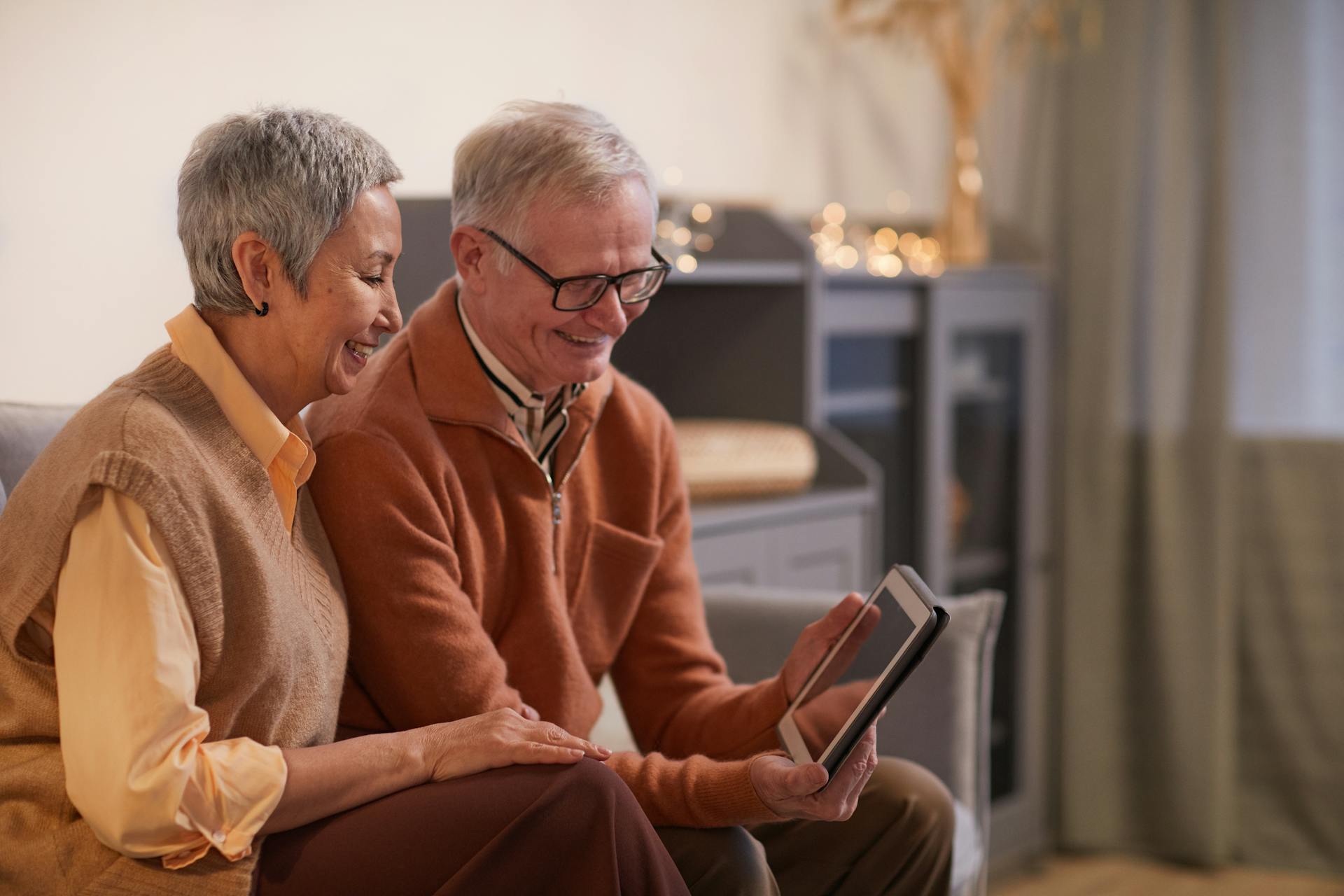Maintaining Independence: Assistive Technology For Seniors
As seniors age, declining mobility and health issues can threaten their independence. However, assistive technology provides innovative solutions that empower older adults to maintain self-sufficiency and engage in activities they enjoy.
Author:Michael RachalReviewer:Finn WildeSep 03, 202421K Shares526.7K Views

As seniors age, declining mobility and health issues can threaten their independence. However, assistive technology provides innovative solutions that empower older adults to maintain self-sufficiency and engage in activities they enjoy. From mobility aids that improve access to sensor systems that enhance safety, a range of devices and apps is available.
Implementing appropriate technologies can help seniors continue living in their own homes while retaining their autonomy and quality of life. This article explores the types of assistive technology that promote independence for older adults. We’ll look at products that assist with mobility, daily tasks, and communication. With proper assessments and training, these technologies can be seamlessly incorporated to support seniors’ comfort, confidence and independence.
Promoting Mobility And Safety
Mobility is essential for seniors to retain their autonomy. Various devices can make moving around easier and safer:
- Walkers and canes - These classic mobility aids provide stability and prevent falls. Styles with wheels or robotic elements offer more support.
- Grab bars and rails - Installing these around the home, especially in the bathroom, assists with balance and transfers.
- Power chairs and scooters - For those with limited mobility, power chairs enable navigation around the home. Scooters allow community access.
- Home elevators - Multi-story homes may require elevators or stair liftsto avoid falls on steps.
- Sensor systems - Sensors that detect motion can automatically turn on lights when a senior gets out of bed. Other sensors monitor for falls or fires.
Supporting Daily Tasks
While home care services in Greenboro, NC, are a great option for seniors who want to remain independent, some day-to-day activities like cooking, cleaning and dressing can also be enabled through technology:
- Jar openers and reachers - These devices reduce the strength needed for stubborn lids and picking up items.
- Shower chairs and grab bars - Enjoy safe showers while sitting down.
- Dressing sticks - Aid with pulling on socks or pants without bending over.
- Automatic pill dispensers - These programmable devices sort medications by date and time.
- Voice activated speakers - Controlling appliances and entertainment through voice commands avoids manual effort.
Promoting Communication And Engagement
Staying connected to loved ones and interests is vital for quality of life. Useful technology includes:
- Tablets and smartphones - Their touchscreens and magnification options simplify use. They provide games, videos and communication tools.
- Robotic pets - For those who can't care for live pets, these offer realistic animal companionship.
- Video doorbells - See who is at the door without moving. They provide security and social connection.
- Television amplifiers - Make sounds clearer for those hard of hearing.
- Voice-activated personal assistants - These can play music, provide reminders, and control smart home devices through voice commands.
- Social media apps and video calling - Tools like Messenger and FaceTime allow seniors to connect with friends and family.
- Audiobooks and podcasts- These provide entertainment and mental stimulation. Voice controls make access effortless.
Hopefully this overview displays the range of options that exist. To determine what technologies may be beneficial, consider having an occupational therapist perform a home assessment. They can match solutions to the user's needs. With training and time, assimilating these devices into daily routines can extend independence.

Michael Rachal
Author
Michael Rachal believes that luxury lies in the details. With over 20 years of experience in the luxury travel industry, he has crafted hundreds of bespoke itineraries for clients seeking personalized, unforgettable experiences.
Whether guiding clients through private cultural tours or curating culinary journeys with world-renowned chefs, Michael ensures that each trip is tailored to perfection.
His ability to anticipate needs and exceed expectations has earned him a reputation as a leading expert in luxury travel.

Finn Wilde
Reviewer
For Finn Wilde, the wilderness is more than just a destination - it’s a way of life. Over the past decade, he has led multiple expeditions in some of the world’s most remote regions, from the icy fjords of Greenland to the rugged trails of Patagonia.
Finn emphasizes sustainability in all of his adventures, helping participants connect with nature while promoting responsible exploration. His expeditions inspire individuals to explore the great outdoors while fostering a deep respect for the environment.
Latest Articles
Popular Articles